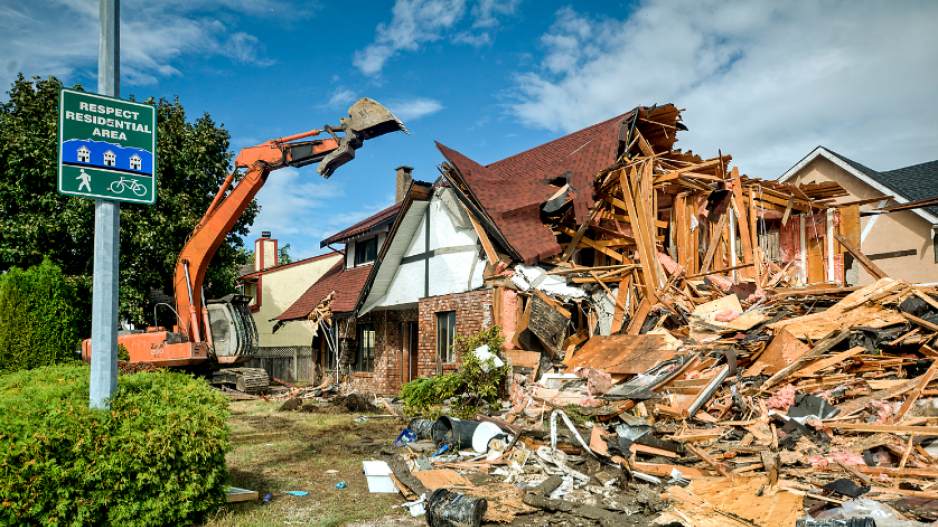The three houses on East Sixth Avenue in Ā鶹“«Ć½Ó³»would have likely lasted for years: two of them appear fairly modern, but the value of the land beneath them combined with higher-density zoning doomed them.
Assembled into a 14,000-square-foot land assembly, these detached houses sold in May for a combined $5.74 million, the equivalent of nearly $410 per square foot, for a new townhouse development.
Soaring Ā鶹“«Ć½Ó³»land values are also leading to a rush of strata windups, where owners of older townhouse or condominium projects vote to sell the entire complex for the land value. A recent example is in the West End, where a 53-unit condo project on less than half an acre . In North Vancouver, sites with old townhouses on them are selling for up to $10 million an acre.
In the first three months of this year, residential land sales in Metro Ā鶹“«Ć½Ó³»dominated real estate investments, with $1.14 billion in transactions, according to a survey by Altus Group. Land sales accounted for 57 per cent of the entire real estate investment market in the first quarter, noted Paul Richter, an Altus Group director.
Due to a lack of vacant Metro land, the majority of residential land deals lead to demolition of existing homes. In the past 30 years, 26,700 Ā鶹“«Ć½Ó³»detached houses, or 40 per cent of the all houses, have been demolished and replaced, according to a teardown index study from the University of British Columbia (UBC) school of architecture.
UBC architectural professor Joseph Dahmen, co-author of the teardown study, estimated that today, one-quarter of the Ā鶹“«Ć½Ó³»houses being sold will be demolished.
The bulldozers could get even busier, because of a new City of Ā鶹“«Ć½Ó³»plan for blanket zoning of single-family neighbourhoods to allow for development of townhouses, row houses and laneway houses.
The cityās , which goes to council this week, would rezone 65,000 single-family detached lots over the next year to 18 months for higher density housing which, according to a city report, āare affordable to medium-income residents.ā
Soaring land values, however, threaten that affordability scenario. In the Cambie Street corridor, which already has higher-density zoning for detached lots, the current benchmark price for a detached house is $3.5 million, according to the Real Estate Board of Greater Vancouver. In December 2017, however, a condo developer paid $8.5 million for a āteardownā 66-year-old house on an 8,760-square-foot lot at West 35 Avenue at Cambie Street as part of a land assembly



